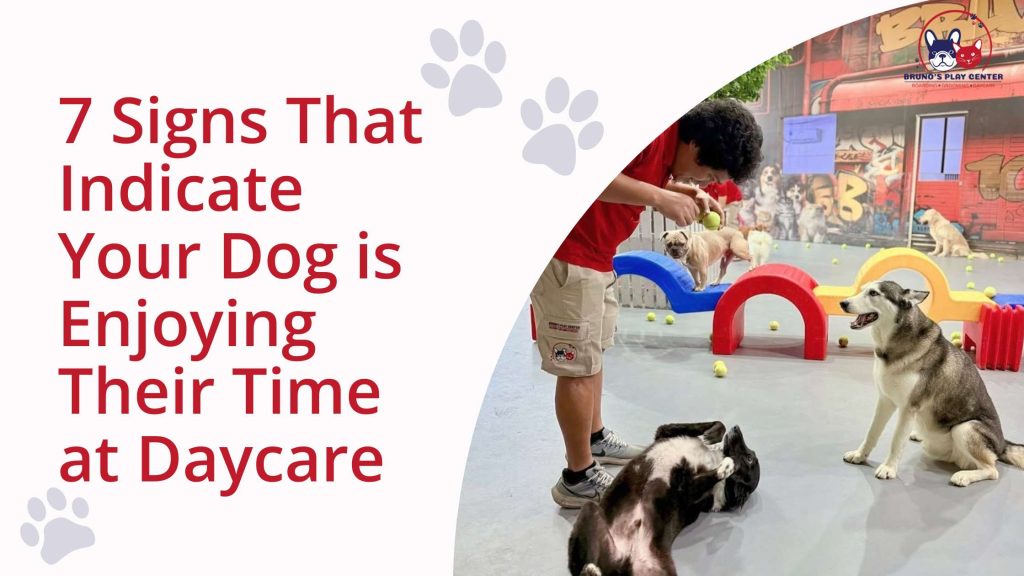There is something uniquely special about the bond that we share with our dogs. From the boundless energy of their puppy days to the quiet companionship they offer as they age, these furry friends become an irreplaceable part of our lives. However, watching them grow old is a bittersweet journey—it’s heartwarming to see their wisdom, but it can also be heartbreaking to notice their slowing steps or greying muzzles.
As our beloved companions age, they become more susceptible to a range of health issues. Dogs over the age of seven are generally considered seniors, and they require additional care and attention.
Like humans, senior furry friends are prone to specific health issues that can significantly impact their quality of life. Understanding their common issues and comprehending how to care for a senior dog can ensure that they enjoy a happy, healthy, and comfortable life.
Overview About the Aging Process in Dogs
Aging is a natural process; its signs may vary depending on breed and size. Larger breeds, like Great Danes, tend to age faster and may show aging characteristics as early as five years old, while smaller breeds, like Dachshunds, often don’t exhibit signs of aging until they are seven or older.
As the pawed pals experience age-related changes, their bodies become less efficient, and their immune systems weaken. This makes them vulnerable to various health problems.
During this time, choosing grooming services for pets with allergies becomes particularly important, as sensitive skin or coat issues may arise, requiring gentle and specialized care.
Common Signs of Aging in Dogs:
- Reduce the activity level
- Change in their appetite as they may eat more or less than usual
- Cognitive dysfunction can manifest as confusion, disorientation, or change in behavior
- Experience joint pain and stiffness
Common Health Issues
Here are some of the common health issues that your little furry friend may experience when they are old and also how you can address them-
Arthritis and Joint Pain
One of the most common health issues in older four-legged friends is Arthritis, which causes inflammation in the joints.
Signs and Symptoms
- Limping or stiffness, especially after resting
- Difficulty climbing stairs or getting into the car
- Reduced interest in physical activities
How to Address It?
- Dietary Supplements: Glucosamine and chondroitin can help alleviate joint pain.
- Weight Management: Maintaining a healthy weight helps reduce joint stress.
- Veterinary Treatments: Your vet may recommend anti-inflammatory medications or physical therapy.
Dental Problems
Over 80% of these furry babies above the age of 3 have dental disease. Dental diseases, which include gum problems and tooth decay, are prevalent in senior pooches.
Signs and Symptoms
- Bad breath
- Difficulty chewing
- Red or swollen gums
How to Address It?
- Regular Dental Check-ups: Senior companions should have their teeth checked at least once a year.
- At-Home Care: Brushing your dog’s teeth with pet-friendly toothpaste can prevent plaque buildup.
- Dental Chews: These are effective for maintaining oral hygiene.
Obesity
Obesity is a growing problem in older dogs due to reduced activity levels and slower metabolisms.
Signs and Symptoms
- Noticeable weight gain
- Difficulty breathing or panting excessively
- Reduced stamina
How to Address It?
- Portion Control: Feed your fur babies a balanced diet in appropriate quantities.
- Exercise: Even light activities, such as short walks, can make a difference.
- Special Diets: Consult your vet for low-calorie or senior-specific pet food.
Vision and Hearing Loss
Many older pups experience a decline in vision or hearing with time.
Signs and Symptoms
- Cloudy eyes (a sign of cataracts)
- Startling easily when approached
- Reduced responsiveness to commands
How to Address It?
- Environmental Adjustments: Keep furniture in the same place to help them navigate familiar surroundings.
- Veterinary Care: Eye drops or surgery can address cataracts.
- Communication Changes: Use hand signals or vibrations to communicate.
Kidney Disease
Chronic kidney disease (CKD) is common and can be life-threatening if not treated.
Signs and Symptoms
- Increased thirst and urination
- Weight loss
- Vomiting
How to Address It?
- Special Diet: Low-protein diets reduce the strain on kidneys.
- Medications: Your vet may prescribe drugs to manage the condition.
- Regular Vet Visits: Early diagnosis can slow disease progression.
Allergies and Skin Issues
Older dogs may develop allergies, which are usually caused by food, environmental factors, or grooming products.
Signs and Symptoms
- Redness
- Itching
- Hair loss
How to Address It?
- Hypoallergenic Grooming Options: Opt for grooming options for pets with allergies to soothe sensitive skin.
- Vet-Approved Diets: A hypoallergenic diet may be recommended if the allergy is food-related.
- Topical Treatments: Medicated shampoos can provide relief.
Heart Disease
Heart disease, such as congestive heart failure, becomes more common as the elderly age.
Signs and Symptoms
- Coughing, especially at night
- Difficulty breathing
- Fatigue
How to Address It?
- Medication: Your vet can prescribe drugs to manage the condition.
- Low-Sodium Diets: These help reduce fluid retention.
- Regular Monitoring: Frequent check-ups ensure the disease is managed effectively.

Tips for Caring for a Senior Dog
A proactive and caring approach is necessary while taking care of an elderly dog. The following crucial advice will guarantee their well-being:
- Regular Veterinary Check-ups
Regular veterinary examinations are essential for identifying age-related problems early. Golden-aged dogs should be taken to the veterinarian for a thorough analysis of the dog’s health check-up including external and internal physical examinations every six months.
- Regular Exercise
Gentle activities like quick walks and mild play sessions can preserve mobility and avoid obesity in aging canines, even if they might not be as active. Activities should always be adjusted for their physical limitations and energy levels.
- Mental Stimulation
As dogs age, cognitive impairment is frequent. To keep their minds engaged and lower their risk of cognitive impairment, involve children in interactive games, puzzle toys, and simple training sessions.
- Create a Comfortable Environment
Provide a soft, supportive bed and easy access to food, water, and outdoor areas. If they have trouble moving about, think about providing ramps or stairs so they can get to their favorite spots.
- Grooming
Maintaining your dog’s cleanliness and health can be achieved with regular grooming. Consider professional grooming services like dog grooming Dubai to ensure optimal care, especially for those with allergies.
Conclusion
Caring for them is a rewarding experience. By understanding common health issues and taking proactive steps, we can provide our aging companions with the love and support they need.
If you’re looking for a place where they can socialize, play, and receive expert care, consider Bruno’s Play Center. Our facility is designed to cater to the specific needs of senior dogs, ensuring a safe and stimulating environment.




